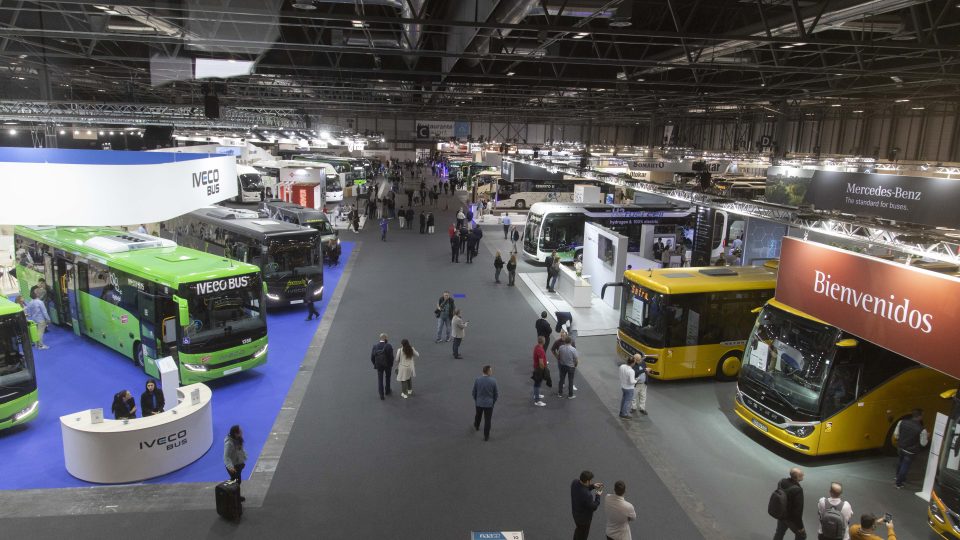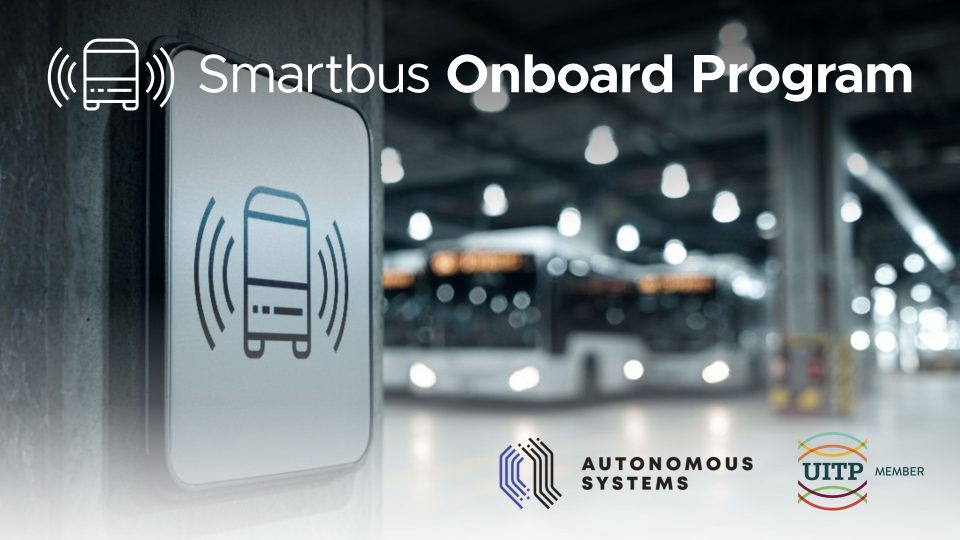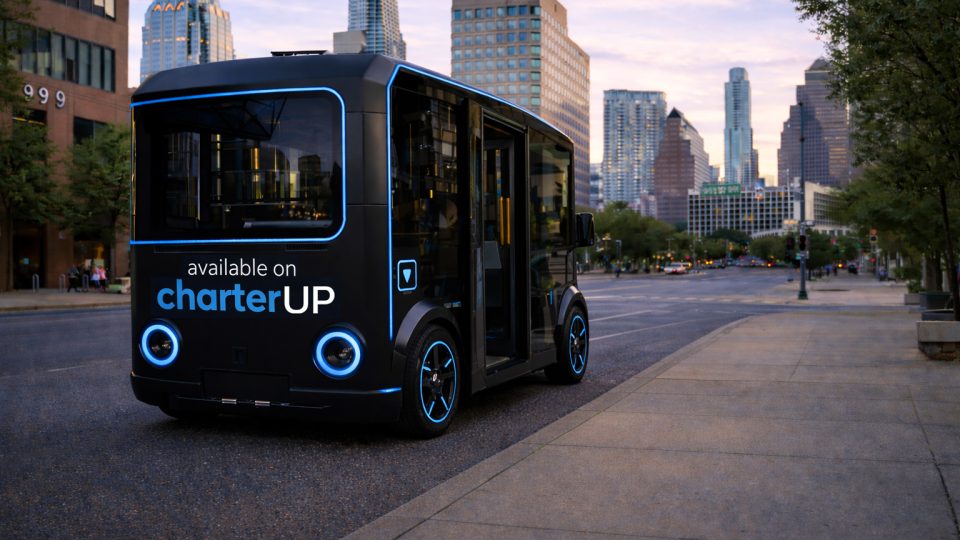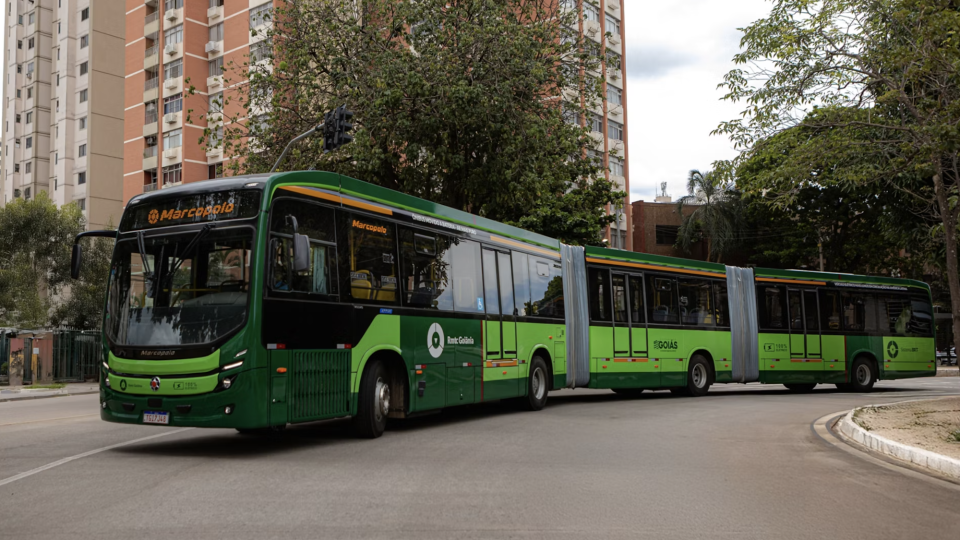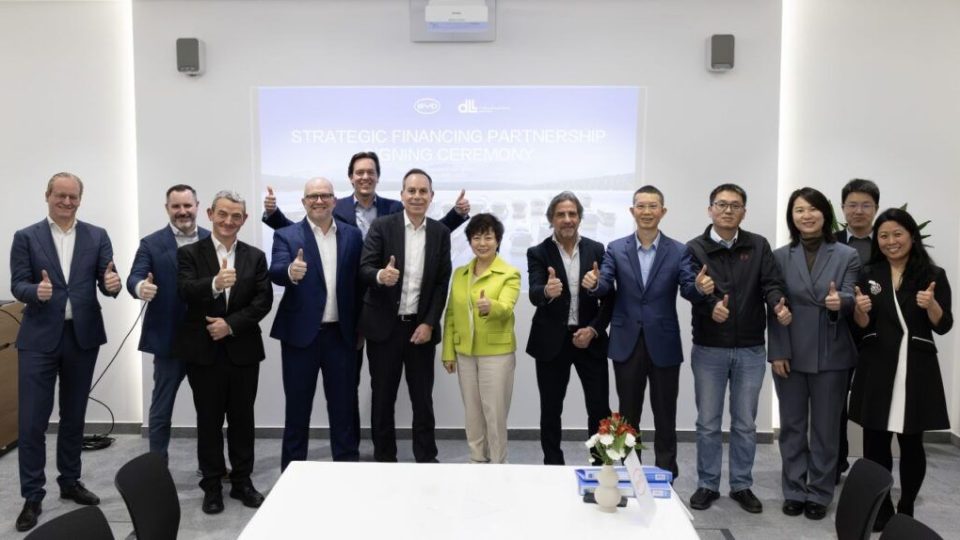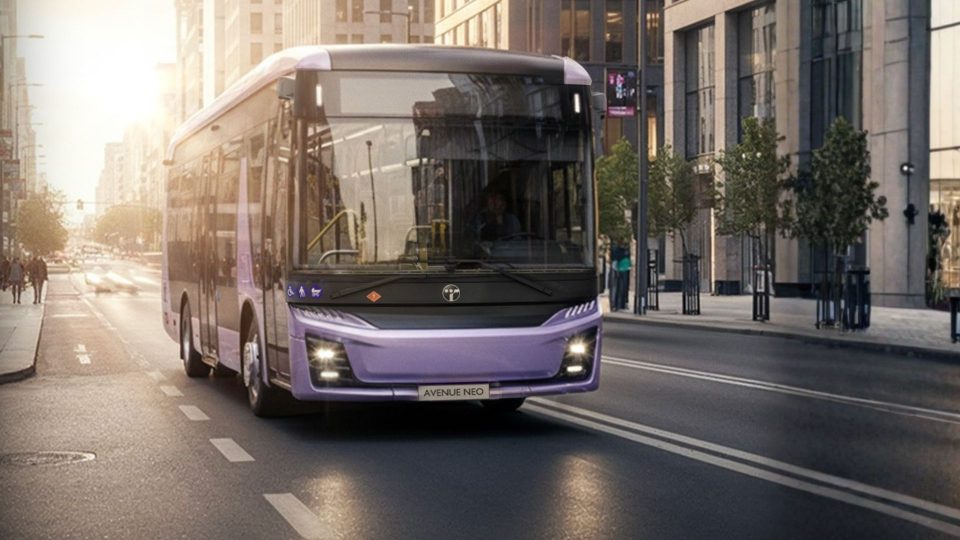Transdev CEO Thierry Mallet on profitability, driver shortages, and the future of mobility. Our interview
Profitability of public transport post-pandemic, the evolution of mobility demand patterns, global challenges such as driver retention, autonomous driving, and the energy transition: these are some of the topics discussed with Thierry Mallet, Chairman and CEO (since 2016) of the multinational Transdev Group, headquartered in France with operations in 19 countries across four continents. We […]
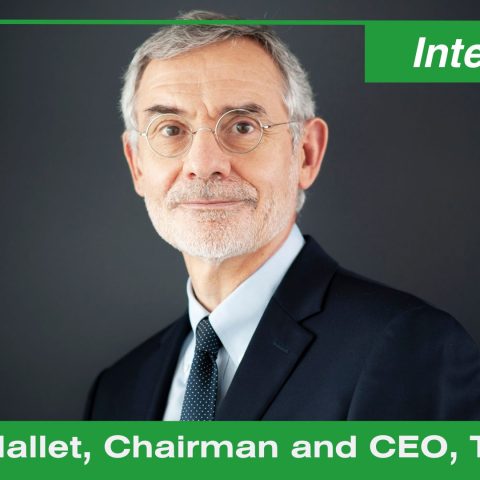
Profitability of public transport post-pandemic, the evolution of mobility demand patterns, global challenges such as driver retention, autonomous driving, and the energy transition: these are some of the topics discussed with Thierry Mallet, Chairman and CEO (since 2016) of the multinational Transdev Group, headquartered in France with operations in 19 countries across four continents. We interviewed him on the occasion of the UITP Summit in Hamburg.
FULL INTERVIEW OUT ON SUSTAINABLE BUS MAGAZINE SEPTEMBER 2025 – OUT SOON!
Transdev in 2024 surpassed €10 billion in revenue and saw a 31% increase in operating profit—what were the key drivers of this performance, and how replicable is it in the years ahead?
We focused heavily on contract profitability. Some contracts were hit post-Covid due to lower ridership than we had forecasted and high inflation. We had to renegotiate tariffs and optimize operations. It was a mix of smart negotiation and strong execution.
Post-pandemic, what major changes are you seeing in commuting and transport demand? Are there new or unexpected passenger patterns?
Ridership is nearly back to pre-Covid levels, except in city centers where people now choose alternatives such as biking or walking. In the suburbs, demand is even higher than before Covid. The labor market has also shifted—many drivers retired, turnover is high, and retention is now a significant challenge. People want better working conditions and work-life balance, and we’re addressing that.
The lack of drivers is a global issue. Do you think autonomous driving hype affects young people’s choice to work in the field?
Not really. Young people don’t expect lifelong jobs anymore. They change. It’s all about retention. The real issue is working conditions—early starts, late shifts, weekend work. Predictable schedules and quality of life matter more.
Which actions are you trying to put in place to increase retention?
We’re offering more predictable schedules—letting people choose shifts and giving them their schedules a long time in advance. We’ve also introduced four-day workweeks for some, with 35 hours (in France) over four days. It’s especially helpful for those with families.
France accounts for 28% of Transdev’s revenue. Do you expect this share to decrease as international operations grow? Which markets will play a bigger role?
Our business is about opportunities and contracts, not just markets. We focus on markets where we can make money and contracts that are profitable. The acquisition of First Transit in the US was a major operation, but we don’t foresee such large acquisitions in the coming period. M&A is still part of the strategy but on a smaller scale. As a result, the market balance and the weight of France should not change.

